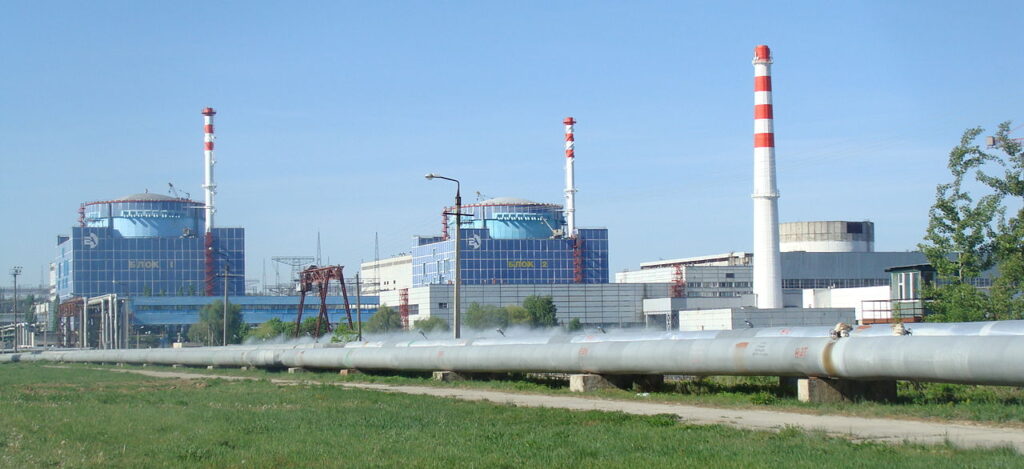Polish farmers resume border blockade for trucks leaving Ukraine
From the morning of 4 June, Polish farmers began blocking the movement of trucks at the Rava-Ruska - Hrebenne border crossing point, demanding to reduce the import of grain crops from Ukraine.


Polish farmers blocked truck movement at the Rava-Ruska – Hrebenne border crossing point starting at 11 a.m. on 4 June. According to Ukraine’s State Border Guard Service (SBGS), they plan to stay there until 2 p.m. on 6 June.
The border blockades by Polish carriers began in November 2023 due to increased competition from Ukrainian haulers after the liberalization of laws governing international transport between Ukraine and the EU. The protests stopped in April 2024 but managed to disrupt Ukrainian military aid and goods supplies, including drone parts.
Local Polish farmers, through their representatives, demand reducing the import of grain crops from Ukraine into Poland, according to Ukraine’s SBGS
Due to this blockade, a complete stoppage of freight vehicle traffic leaving Ukraine is expected.
Protesters do not allow trucks to leave Ukraine. However, trucks are allowed to enter Ukraine according to the previously announced schedule: 12 vehicles per 12 hours and four trucks carrying humanitarian aid per hour.
Other vehicle categories can go through the crossing point uninterrupted in both directions.
After Polish farmers terminated a blockade in April 2024, Ukraine saw a 20% increase in agricultural trade, which is now threatened by a new blockade.
Read more:
Ukraine sees 20% surge in agricultural trade after Polish blockade termination
Third Ukrainian trucker dies due to Polish blockade of Ukraine’s border
Ukraine weathers $660 million Polish border blockade with new maritime channels
Ukrane’s top economist: Polish border blockade a “litmus test” for EU integration
You could close this page. Or you could join our community and help us produce more materials like this.
We keep our reporting open and accessible to everyone because we believe in the power of free information. This is why our small, cost-effective team depends on the support of readers like you to bring deliver timely news, quality analysis, and on-the-ground reports about Russia's war against Ukraine and Ukraine's struggle to build a democratic society.
A little bit goes a long way: for as little as the cost of one cup of coffee a month, you can help build bridges between Ukraine and the rest of the world, plus become a co-creator and vote for topics we should cover next. Become a patron or see other ways to support.



